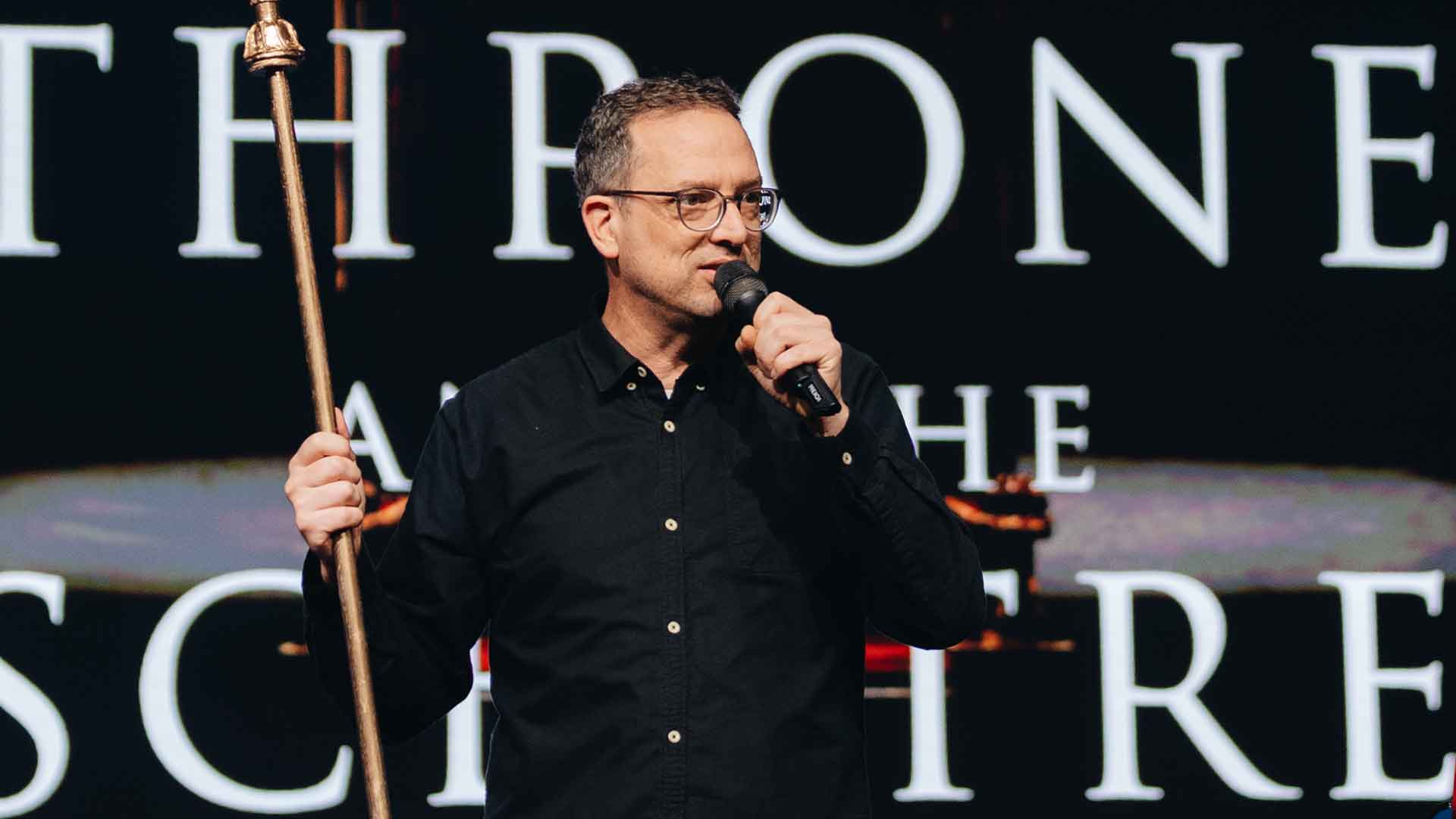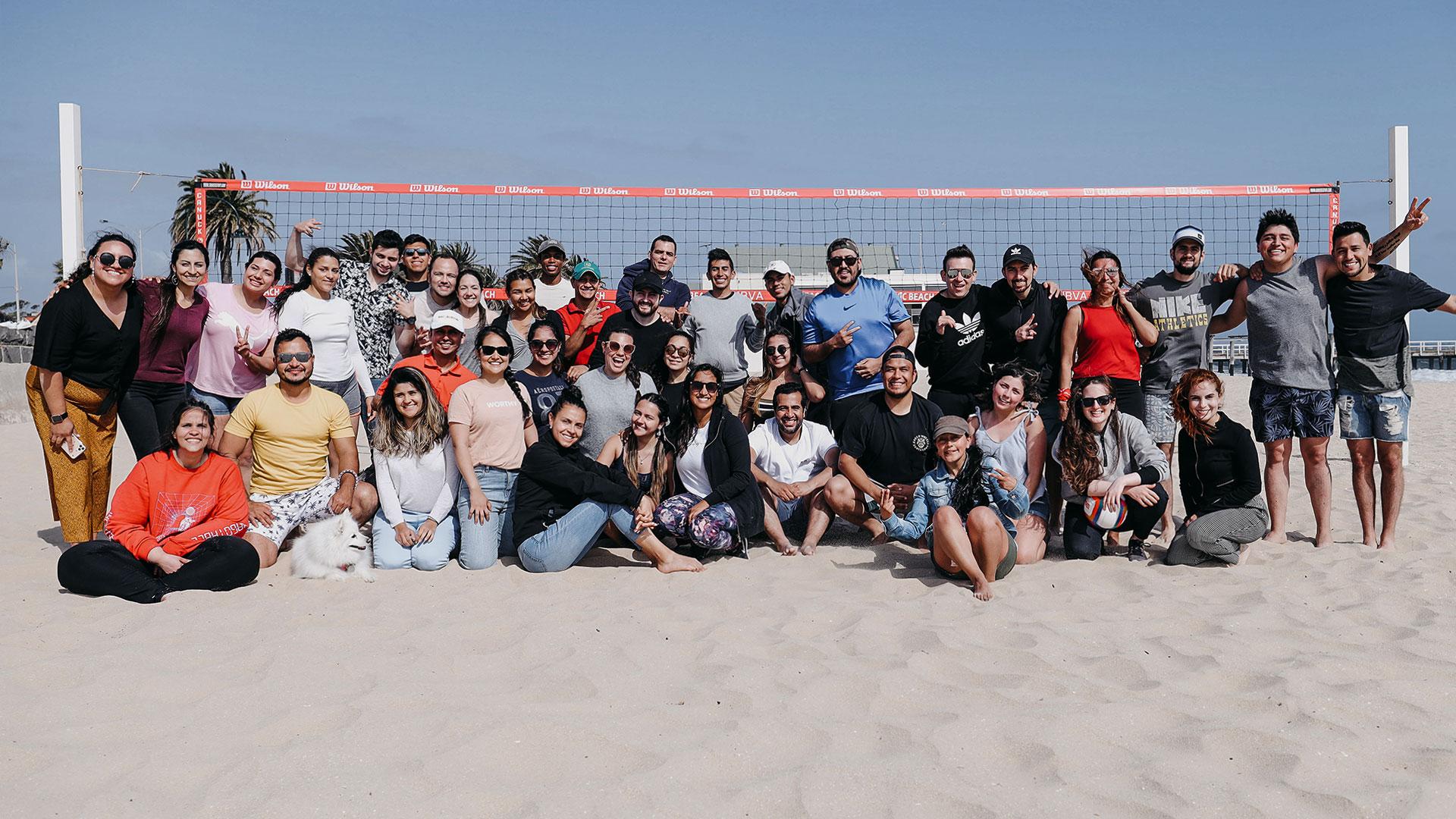The Throne and the Scepter
The Throne and the Scepter is a prophetic invitation to grow deeper in spiritual maturity. The throne represents identity in Christ, but the scepter represents authority through righteousness and obedience. Through the story of Moses, this message challenges believers to surrender what they’re holding, trust God’s voice, and step into the destiny He’s prepared. Authority is not earned—it is entrusted to those who lay it all down and pick it up again transformed.
This is a message for those ready to grow deeper, walk in surrender, and step into the divine authority God has prepared for them. Titled The Throne and the Scepter, it invites every believer to move beyond identity into purpose and authority.
The throne represents a believer’s place in Christ—a position of sonship and relationship. God still desires intimate encounter. But the scepter represents something different. It symbolises divine authority. The throne speaks of identity. The scepter speaks of obedience and impact. The Christian life isn’t just about who we are in Jesus—it’s also about what we carry in Him.
To live a life where prayers shift atmospheres, where words carry weight, and where actions align with heaven—this is what it means to take hold of the scepter.
Hebrews 1:8–9 declares:“Your throne, O God, is forever and ever; A scepter of righteousness is the scepter of Your kingdom. You have loved righteousness and hated lawlessness…”
This passage reveals a deep truth: spiritual authority is built upon righteousness. Not the rigid legalism of performance, but the daily alignment of one’s heart and life with God’s will. Righteousness is about doing the right thing, saying the right thing, and being the right kind of person—not by striving, but by walking in step with the Spirit.
Kingdom authority increases through obedience, and it decreases when righteousness is compromised. This message challenges believers to ask: Am I becoming the kind of person God can trust with His authority?
In Exodus 4, God meets Moses in the wilderness and asks a simple but confronting question: “What is that in your hand?” For 40 years, Moses had carried a staff—his tool, his protection, his identity. It represented the life he had built for himself. It was all he had left.
The same question echoes today: What are you holding on to? What are you leaning on for security?
God asked Moses to lay it down. And when he obeyed, it turned into a serpent—revealing its true nature. Then God asked him to pick it up again—by the tail. That simple, counterintuitive act of obedience marked the beginning of transformation. The staff became the rod of God, through which seas were parted, plagues were released, and miracles flowed—not because of the object itself, but because of the surrender and obedience it represented.
What we carry in our hands—our skills, plans, or positions—can be transformed when surrendered to God. Once Moses obeyed, the staff was no longer just his—it became God’s. From that point forward, every miracle was marked by a simple pattern: obedience.
When God said, “Throw it down,” Moses obeyed. When He said, “Pick it up,” he obeyed again. When God told him to stretch it over the Nile, he did so—without knowing what would happen. Authority flowed not from the stick, but from the trust built in encounter after encounter, obedience after obedience.
This is not about earning favour with God. That is already secured through Jesus. But walking in divine authority requires something deeper—faith matched with faithfulness. The throne is about calling. The scepter is about destiny. The two are linked, but not identical.
Faith says, “I believe a city can be saved.”
Faithfulness says, “I’ll invite my neighbour, I’ll pray, I’ll give.”
Authority grows in the life of a believer who says “Yes, Lord” in the small things, again and again.
Many believers have grown familiar with what they carry—perhaps even proud of it. But in a new season, God often asks for fresh surrender. The staff of the past cannot carry the scepter of the future unless it is laid down and picked up in obedience.
Like Moses, some have been holding their “staff” for decades. God is inviting His people to lay it down—again. Let it be transformed. Let obedience refine it into something sacred.
This is how spiritual authority is formed—not in one moment, but through daily decisions to trust, obey, and walk in righteousness.
This season requires more than spiritual identity—it calls for divine authority. The Church is seeing momentum. People are coming to faith. Atmospheres are shifting. But what God is asking next is not possible in the natural. It demands a people trained in righteousness—people who carry the scepter of God with humility and power.
So the invitation is clear: lay it all down again. Just like at the beginning. What has been held onto for too long must be released. And what has been surrendered will be transformed. The rod becomes the scepter. The scepter carries authority.
And with it comes the question: Is there anything I’m holding onto that God is asking me to release?
It could be pride. It could be fear. It could be unforgiveness. But without surrender, the scepter never comes. And without obedience, the seas never part.
Lord,
We surrender again. Whatever we’ve held onto—our plans, our fear, our pride—we place it at Your feet. Teach us to walk in righteousness. Transform what we carry into something holy. May we wield the scepter of divine authority with faith, humility, and obedience.
In Jesus' Name,
Amen






